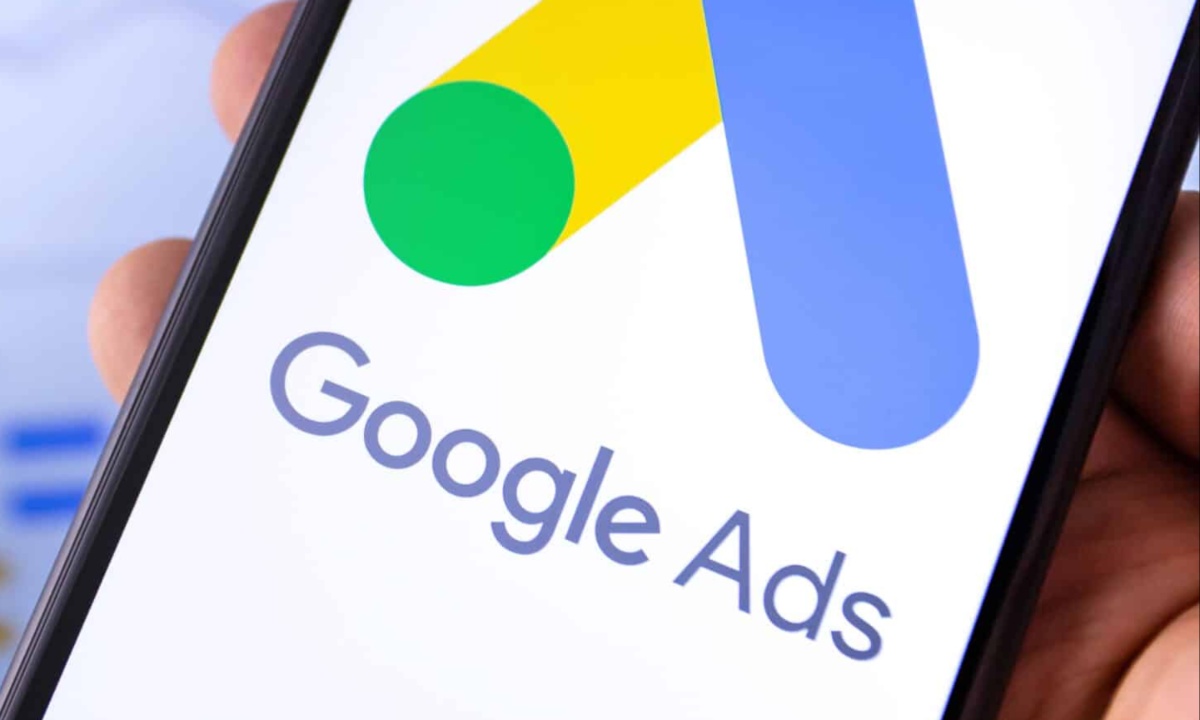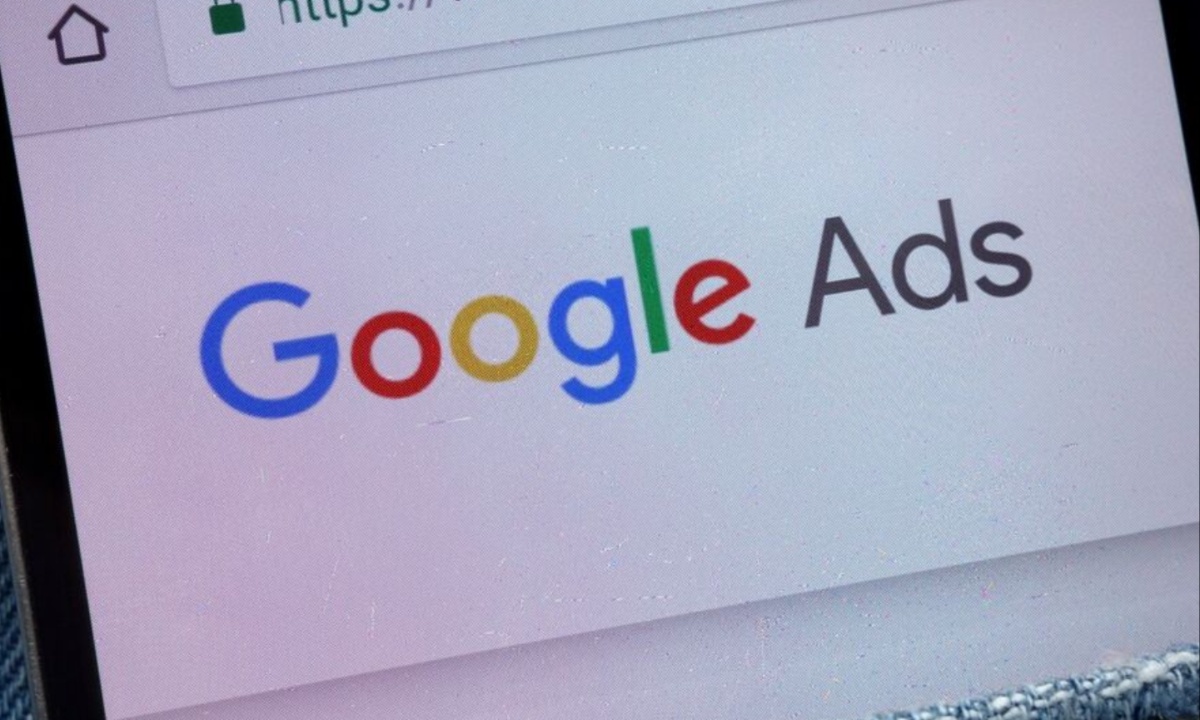Google has made a significant move in the ad tech sector with the introduction of new curation services through Google Ad Manager, signaling the growing relevance of the term “curation” in the industry. This concept revolves around the use of various signals—such as audience data, contextual insights, and supply chain information from publishers—to create streamlined ad auctions.
Joe Root, CEO of Permutive, noted the importance of Google’s actions, given that a large portion of ad inventory is processed through its platforms, which could have far-reaching effects on the open web.
The essence of Google’s curation strategy is its ability to allow publishers to share first-party data within its programmatic marketplace. This marks a shift from the traditional reliance on demand-side platforms (DSPs) for ad targeting.
By integrating publisher data into its supply-side platform (SSP), Google provides advertisers with enhanced targeting capabilities, ultimately leading to more efficient ad campaigns. This evolution in approach reflects a significant change in how advertising is executed and monitored.
What sets Google’s curation services apart from those of other SSPs is primarily two factors: the superior quality of signals derived from its ad server and the extensive range of ad formats it can support. As noted by Drew Stein, CEO of Audigent, Google’s dominance in the ad tech space allows it to access a diverse array of data, enhancing its ability to segment and target audiences accurately.

Google’s New Ad Curation Services Aim to Transform Targeting and Efficiency in Digital Advertising
This advantage positions Google favorably against its competitors, providing solutions that may be difficult for others to match, especially in a climate where data privacy and signal loss are pressing concerns.
In rolling out these services, Google has partnered with various companies, including Audigent, Integral Ad Science, and Liveramp, to bolster its curation capabilities. These collaborations aim to simplify the process for agencies in identifying optimal ad inventory packages within Google Ad Manager and related DSPs.
Peentoo Patel, director of product management at Google, emphasized that this initiative is designed to ease operational burdens, allowing agencies to manage payments more effectively without the hassle of juggling multiple invoices and payment processes.
While the benefits of Google’s curation services are clear, industry experts remain divided on the true value provided by these new offerings. Concerns about potential exploitation exist, with some operators possibly inflating costs without delivering substantial value.
Additionally, the lack of standard definitions around what constitutes “curation” from organizations like the IAB Tech Lab complicates matters further. As the ad tech ecosystem evolves, it will be essential for advertisers and publishers to evaluate potential partnerships based on clear performance metrics and tangible benefits from curation practices.








































